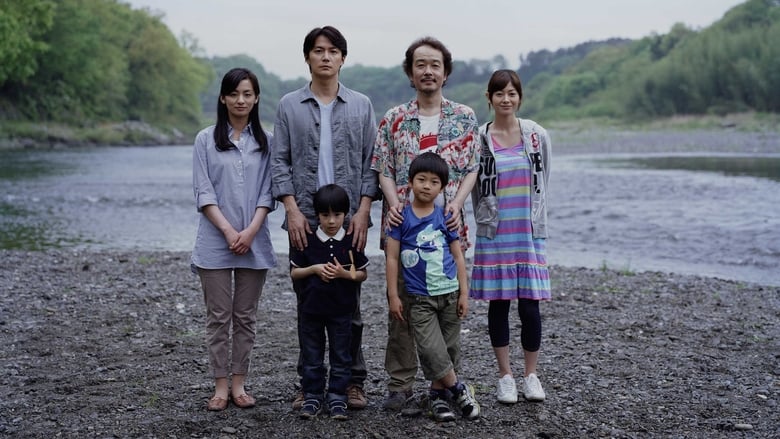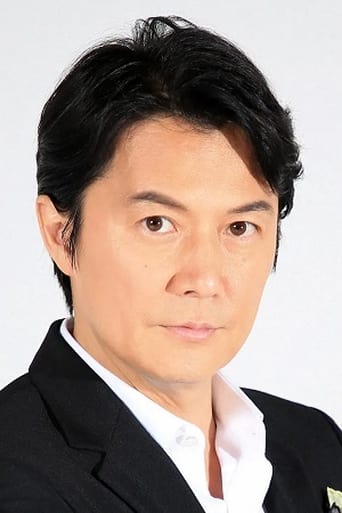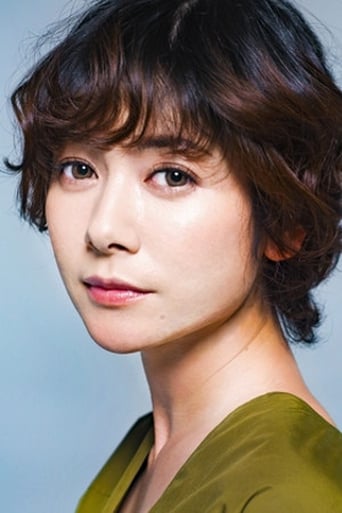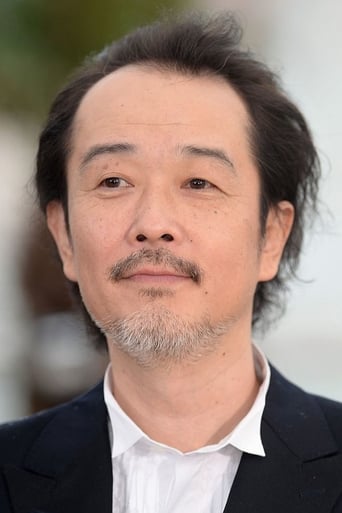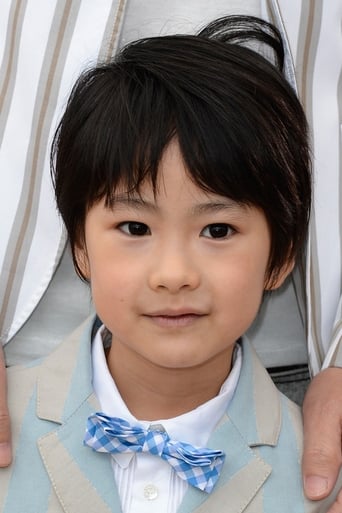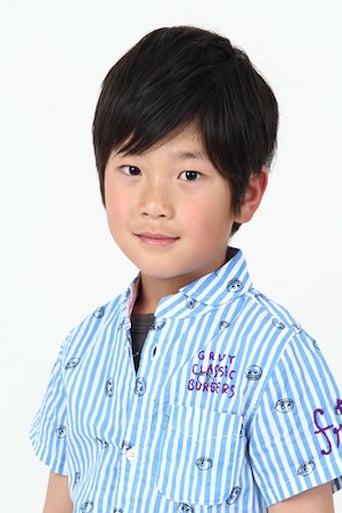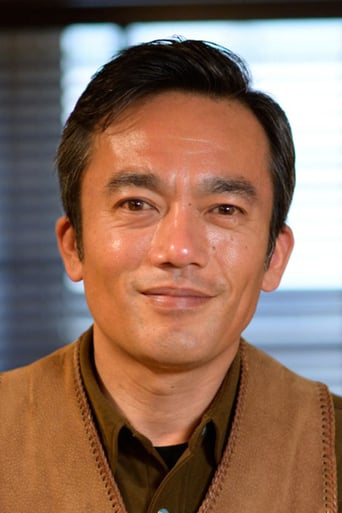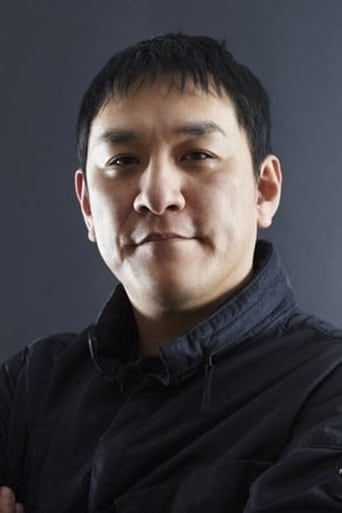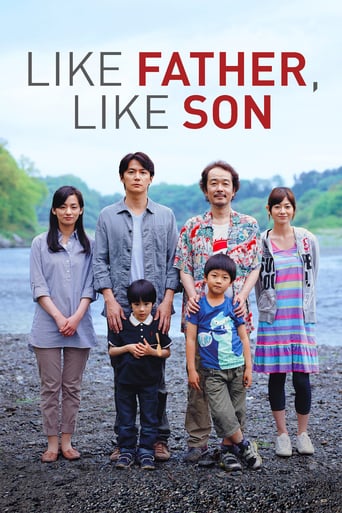
Like Father, Like Son
January. 17,2014 GRyota Nonomiya is a successful businessman driven by money. He learns that his biological son was switched with another child after birth. He must make a life-changing decision and choose his true son or the boy he raised as his own.
Similar titles
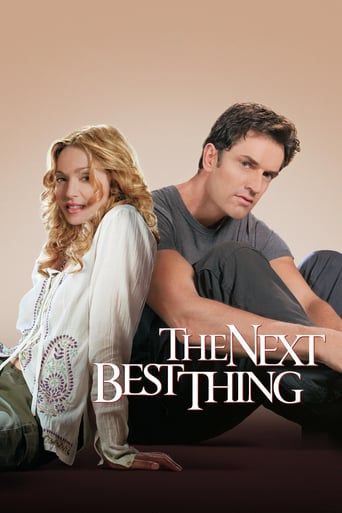
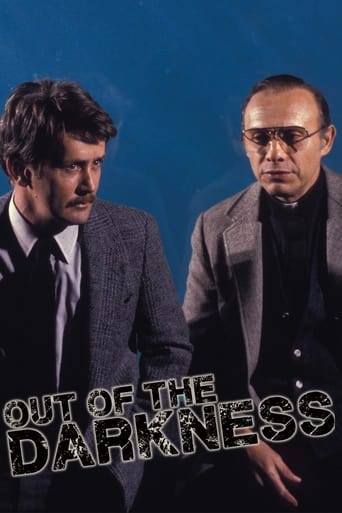
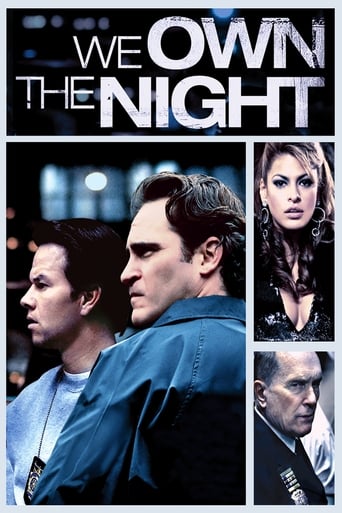
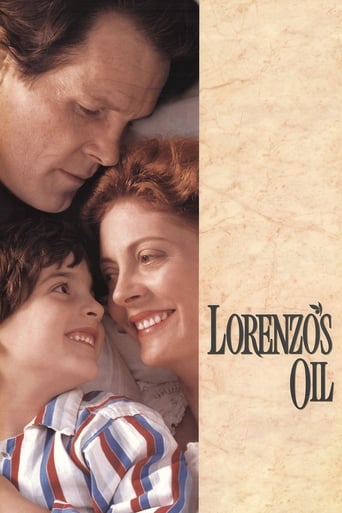

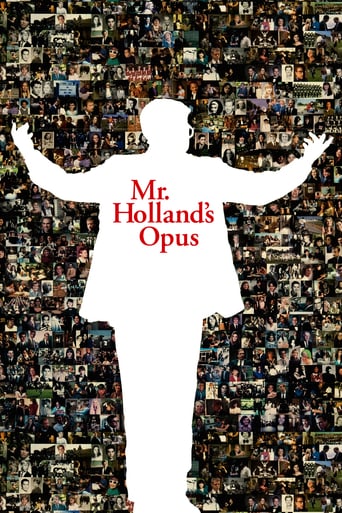
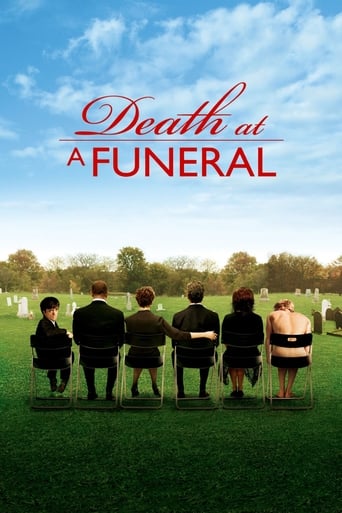
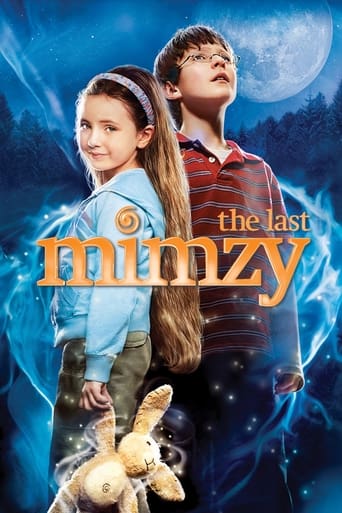
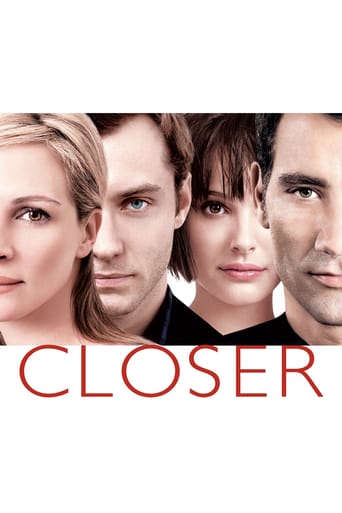
You May Also Like
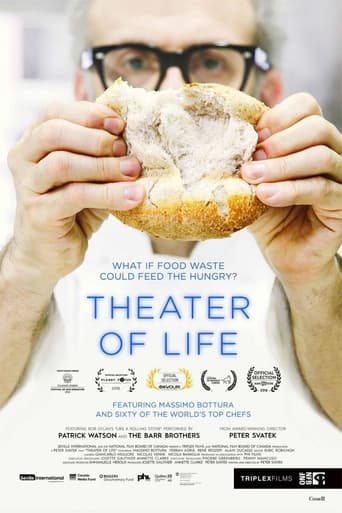

Reviews
Undescribable Perfection
I don't have all the words right now but this film is a work of art.
Great Film overall
The story, direction, characters, and writing/dialogue is akin to taking a tranquilizer shot to the neck, but everything else was so well done.
Viewed on Streaming. Subtitles/translations = ten (10) stars. Director Hirokazu Koreeda (who is also credited as the sole screen writer and editor) treads much too lightly on a tale filled with dramatic possibilities. Perhaps the Director feared his story could easy degenerate into an overly melodramatic morass, since he frequently steers his film in the opposite direction resulting in trivia and wooden acting. The plot involves the revelation (after the criminal statue of limitations has expired) that male babies were deliberately switched immediately after birth. This apparently is not unusual at the local hospital that lacks basic controls to prevent these crimes. However, it does employ a lawyer who seems to specialize in such matters. The photo play deals with the discovery of, family reactions to, and "final" remediation of the issue. (Maintaining the status Quo (and minimizing the trauma) via quick reciprocal adoptions would seem like a straight-forward approach, but it is never seriously perused. Perhaps this is because it would abruptly end the story and turn the movie into a short subject!) Impact of vastly different family socioeconomic conditions (one with a rising-Salaryman-star father; the other with a small-shopkeeper father) becomes a major plot point often eclipsing the baby-switching factor (a more accurate movie title might be: "Like Family (Fortunes), Like Son"!). Koreeda seems to have focused his energy on directing his child actors (understandably, as they are usually a major challenge), and, in the process, neglected the performances of his adult actors. Further, those playing the parents in the Salaryman family are miscast. The "score" mostly consists of fragmented piano playing (the Salaryman's "son" is learning to play this instrument) which is overly done. But not completely to the point of boring irritation. Subtitles are excellent with opening and closing credits completely translated. All closing credits can be viewed just in English! An extreme rarity in Japanese films. Doumoarigatou Goziamashita! Worth watching, but don't expect too much. WILLIAM FLANIGAN, PhD.
Learning that his biological son was swapped at birth and that his six-year-old son is not actually his own, an affluent workaholic is torn between whether or not to swap sons with the other family in this Japanese drama from Hirokazu Koreeda. While it is hard to understand why both families would be in favour of a swap, the whole situation works well as wake-up call for our protagonist, played by Masaharu Fukuyama, to realise the importance of spending quality time with his son away from work. He is also humbled in his outlook on the world. Initially, Fukuyama is deterred by the other family's working class background and their desire to make a small fortune out of suing the hospital, but as the film progress, both us as viewers and Fukuyama come to realise that the other father, played by Rirî Furankî, is fun-loving very caring. In fact, his initial interest in getting rich is soon (awkwardly) pushed to the side. There is, however, room to wonder whether the film would have benefited from more focus on the boys themselves and their perspective on what is happening, though there is admittedly an interesting irony at play in how Fukuyama keeps saying that he would be able to provide better for both boys (he even shockingly considers taking both at one point) and yet he never really thinks about the real impact on the two children. Whatever the case, everything spirals towards a powerful dénouement and while the ending might seem happy on face value, there is a bitter-sweetness to it too. Will any of them ever be the same after their experiences?
'LIKE FATHER, LIKE SON': Four and a Half Stars (Out of Five)Japanese drama flick; about two families, that discover their biological sons were switched at birth (six years earlier). It was written and directed by acclaimed filmmaker Hirokazu Koreeda. The movie stars Masaharu Fukuyama, Machiko Ono, Yōko Maki, Riri Furanki, Keita Nonomiya and Shôgen Hwang. The film has been a big financial hit, in Japan; and a critical success, as well, all over the world (including several prestigious festival award wins). It's so popular, that Steven Spielberg is producing an American remake (through his DreamWorks Studios); with filmmakers Chris and Paul Weitz set to direct. I saw the movie at the OSU International Film Festival (at Darkside Cinema, in Corvallis, OR) and I was really moved by it.Ryota Nonomiya (Fukuyama) is a successful, and very conservative, businessman. He and his wife, Midori (Ono), have been raising a six-year-old together, named Keita (Nonomiya). One day, the hospital where Keita was born, informs them that Keita is not their biological son. He was switched at birth, with another six-year-old boy, named Ryusei (Hwang). Ryota and Midori decide to meet with the couple, who's been raising their son, named Yukari (Maki) and Yudai Saiki (Franky). The families begin spending a lot of time together, and each battles with the decision (they must make); whether to switch their children back, or not.The film is both beautifully shot, and powerfully acted; Koreeda appears to be a director that lives up to his respectable reputation. The most impressive performances, in my opinion, come from the two six-year-old boys (and many think that great child performances, are largely due to great directing). The movie really feels like you're watching real people, dealing with real life situations (extremely tough, and troubling ones, at that). It almost feels like you're watching a documentary; the film is that convincing. It's really slow-paced, and the lead characters are challenging to get to know (at first); but the movie is well worth it, by it's emotionally charged conclusion. It's definitely a very powerful, and well made film!Watch our movie review show 'MOVIE TALK' at: https://www.youtube.com/watch?v=Sb0-wDtevNo
Being from Germany, I always found it fascinating to watch films about foreign cultures, especially Asian. However, here I have to say that "Soshite chichi ni naru" or "Like Father, Like Son" is not too much in terms of that. It is not a major plot point. It is much more of a family drama that could also play in many other areas of the world, the United States for example. The only really really relevant reference in terms of symbolisms, was when the female main character's mother asked her daughter if what happened is maybe fate and briefly elaborates on that. The story can be summarized quickly. Two couples (who could hardly be any more different, especially the men in terms of profession and education and who is in charge in their relationships) find out that their sons were swapped at the hospital when they were born.The writer and director is Hirokazu Koreeda, a regular at Cannes in the last fifteen years and a first-time winner for this movie in 2013. All 4 central actors give good performances and it brought them wins and nominations at the Japanese Film awards.I would like to elaborate on some scenes that I found the most significant ones:One would be when the woman tells the boy who she now knows that he is not her real son that they should maybe go away together and leave their husband/"father". This proves that the marriage between the two was far from perfect, possibly because of the man's profession and lack of time for his family.Another scene is when the central male character shows his actual son how to eat with sticks. It is one of those moments where we already see how he is trying to make a connection and that he will have much less trouble than his wife to give up on his former son.Then, of course, the ending. We see the male lead actor again, this time, how he bonds with his original son and this makes obvious that this film is not really about the swapping. The swapping and all the problems that arise from it are just the method. It is much more about an unlucky coincidence (aforementioned method) that marks the path of the lead character in order to finally manage to truly make a connection with his son.Is blood more important than all the years they spent together? Well.. the ending is open and we won't find a definite solution about who keeps which child. I like that choice from the director.Finally, I would like to say that, even if I liked the way the film ended, I would have possible ended it with the photo shoot together. Seemed like a perfect moment for the ending credits to roll in. The soundtrack here is very subtle and almost non-existent as it is often the case in Japanese films. All in all, I can recommend watching this.
Top Streaming Movies











